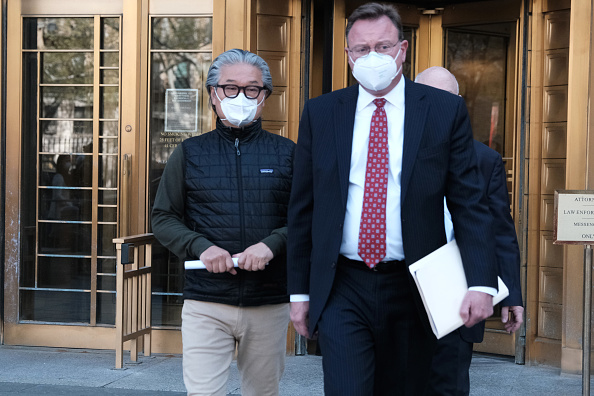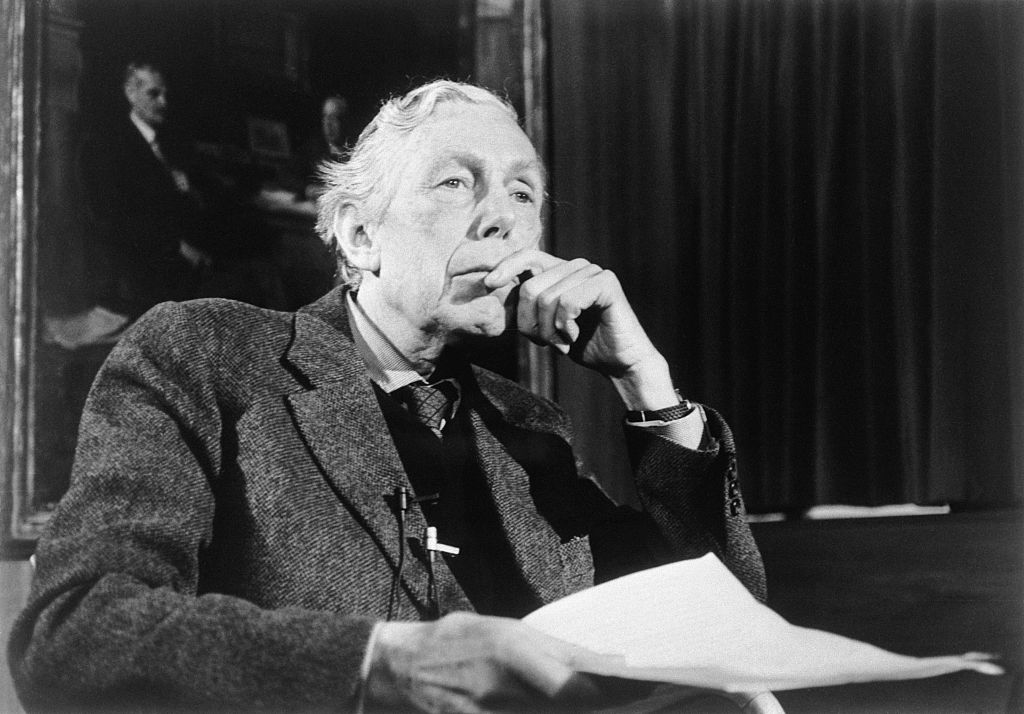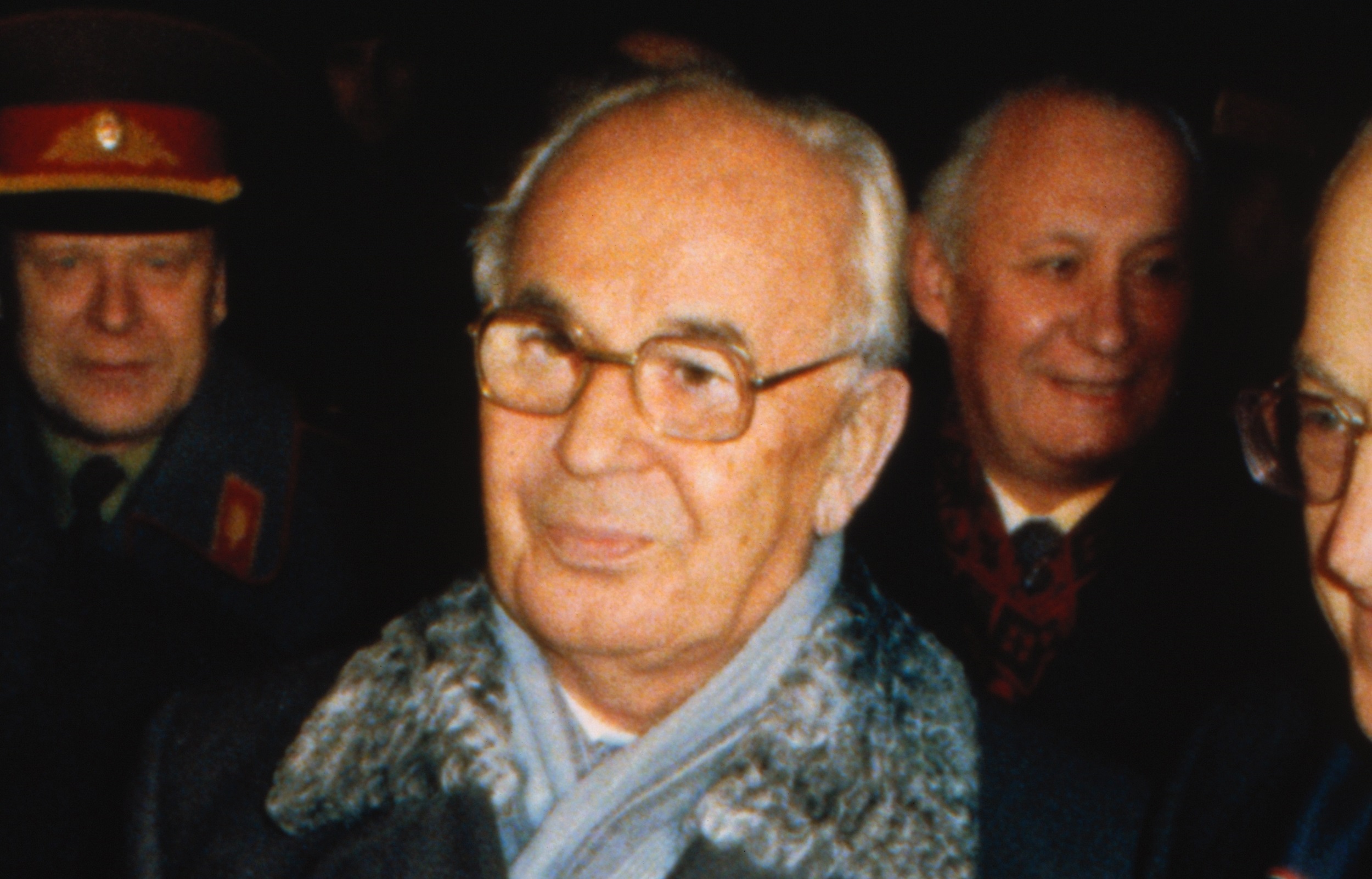One must wonder if this is a Portuguese version of misdirection, the technique magicians use to draw your attention away from what the right hand is doing by doing something unexpected with the left.
Don’t look here, look there.
Last month Portugal’s president, Marcelo Rebelo de Sousa, surprised a group of foreign journalists by raising the topic of reparations to be paid to former Portuguese territories for centuries of colonial rule.
De Sousa brought this up just two days before the 50th anniversary of the 1974 coup known as the Carnation Revolution, which ended the 40-year rule of Estado Novo, established by the authoritarian António de Oliveira Salazar.
The revolution started as an army officers’ protest against grades and promotions among the military. However, within months the Portuguese Communist Party and other members of the radical left took control. The West was faced with a NATO member turning communist.
It did not happen. By the end of 1975, thanks to religious and popular reaction, the communist revolution burnt out. Since then, Portuguese politics has been confined to the centre, with two parties in power: the center-left Socialist Party (PS) and the centre-right Social Democratic Party (PSD).
What the Soviet-allied communists wanted, though, was not the capture of the Portuguese government, but the capture of the Portuguese African territories to the Soviet side of the Cold War.
This began the hasty and tragic process of Portuguese decolonization in Africa, with the withdrawal of the Portuguese troops and the handing over of the overseas territories directly to the liberation movements of Soviet control.
The exodus of 800.000 Portuguese settlers began, all forced out of Angola and Mozambique with no property except one suitcase each. Long civil wars followed independence, with hundreds of thousands of victims and the devastation of formerly flourishing economies.
All of which should have led to a thoughtful remembrance of the Carnation Revolution by the centre parties who have governed Portugal for most of the last 50 years — except something unexpected happened.
Chega, the right-wing, nationalist party, shot up from one seat in the 2019 election to 50 seats in the election in March this year, in a parliament of 230 seats. It is now Portugal’s third largest political force.
Chega (“Enough!”) is cautious about national borders and immigration, and against special rights for LGBT and other globalist causes.
The reasons for its success are manifold: the long absence, up until now, of the Right from the Portuguese political scene, the first significant waves of non-Christian unregulated immigration in Portugal, the influence of the European national-populist drive, and the dashing qualities of André Ventura, Chega´s leader.
Yet the Left maintained that the “anti-fascists” had to be alarmed by Chega’s success. It was in this mood that President de Sousa, a centrist social democrat, unexpectedly opened the idea of reparations at a dinner with foreign journalists.
Accusing his people of crimes such as “transatlantic slavery during the colonial era,” the president insisted that reparations were in order: “Are there actions that were not punished? Are there goods that were looted and not returned? Let’s see how we can repair this.”
This infuriated Chega. The Portuguese cannot pay back for five centuries of empire and colonization. The idea, say Chega, is unaffordable and dangerous.
Moreover, the relation between Portugal and the governments and people of its former colonies has long been one of interchange and cooperation. Nobody, excluding radical academics and opportunistic activists, ever raised the issue of “compensations” until now.
Ventura and Chega made their response. They went to parliament and charged the president with treason over his support for reparations for transatlantic slavery and colonialism. “The president’s statements represent a profound betrayal of our history,” said Ventura.
Parliament dismissed the proposal. “Treason” is, of course, too much for what it was, in reality a careless and imprudent opening of a Pandora’s box. Still, the government, which has executive powers, said it would not initiate any reparations process.





If Russia takes Ukraine, there will be 30 years of insurgency